Cardiovascular disease remains the number one cause of mortality in the world, with dietary habits being a huge contributor. Taking to Instagram was Dr. Jeffrey Gladden, MD, FACC, a distinguished authority in the field of longevity and preventive medicine. He shared how the Mediterranean diet can protect heart health. With a special focus on the diet’s fresh herbs, including summer savory, basil, tarragon, and rosemary.
Dr. Jeffrey Gladden: 4 Anti-Aging Herbs For Better Health
“Summer savory, basil, tarragon, rosemary…these herbs keep our arteries very young because they go in and block the oxidative stress process in the arteries. It keeps them young and supple and flowing well.” – Dr. Jeffrey Gladden
Summer Savory
A member of the mint family, summer savory provides a blend of salty and peppery flavors to meals. Aside from its flavoring effects, this herb has been grown for thousands of years because of its antioxidant properties and benefits.
a. Heart health
Cardiovascular issues can occur when the body’s blood platelets (small cells that help stop bleeding) become overactive, leading them to clump together and causing blockages in the veins and arteries.
Per a 2023 review, the flavonoids found in summer savory help play a role in the herb’s antiplatelet activity.
b. Pain relief
Currently, the U.S. population consumes over 80% of the world’s opioids. Unfortunately, this behavior has grown into opioid dependence crisis.
There have been studies into safer pain alternatives, and summer savory could be just that, thanks to its anti-inflammatory and analgesic properties.
2. Basil
A common and extremely popular herb, basil is commonly used in cooking, and it comes in many varieties with different flavors, including sweet basil, holy basil and Genovese basil. Aside from in the kitchen, basil is also widely utilized in holistic and Ayurvedic medicine due to its beneficial compounds.
a. Cardiovascular benefits
Elevated levels of blood pressure, cholesterol, and triglycerides can increase the risk for heart disease, yet past research found that basil may significantly reduce both cholesterol and triglycerides levels, and blood pressure.
b. Diabetes management
Diabetes affects over 10% of the adult population, and if left unmanaged can lead to complications like nerve damage, vision loss and even amputations.
Managing the disease includes taking diabetes medication as prescribed, regularly exercising and following a healthy diet. The diet should preferably feature basil, as one study suggested that people with Type II diabetes may reduce their blood sugar levels using holy basil leaf extract.
c. Cancer prevention
Dietary habits are a great tool in preventing the development of cancer, especially when you include herbs and spices.
A 2022 review examined 16 published studies and found that basil demonstrates important anticancer activities in vivo and vitro models, showing its potential role in cancer prevention and treatment.
d. Stress relief
Stress is normal, but chronic stress can be debilitating for your health and daily routine, so it’s essential to manage your stress levels.
Aside from journaling, yoga and meditation, including basil in your daily routine may also offer stress relief. A study that followed 158 people plagued by stress found that after taking 1,200 mg of holy basil extract daily for six weeks, the basil was 39% more effective at improving general stress symptoms than a placebo.
3. Tarragon
A member of the sunflower family, tarragon is a perennial herb with a subtle taste and pairs well with dishes like fish, beef, chicken, asparagus, eggs, and soups. As it’s often featured in the Mediterranean diet, tarragon can help provide plenty of benefits that include a healthier heart.
a. Improves insulin sensitivity
Insulin plays a role in the body’s utilization of glucose and disruption can lead to high blood pressure, weight gain, as well as nerve and eye damage.
Yet, a 2018 animal study found that Russian tarragon helped to prevent insulin resistance.
b. Pain management
In a study examining the pain-relieving properties of tarragon in mice, researchers found that tarragon has significant painkilling and anti-inflammatory effects in mice.
c. Reduces depression risk
In a separate animal study examining tarragon’s mental health effects, researchers found that tarragon helped to increase mental resilience in a group of mice, making them less susceptible to depression caused by social stress.
4. Rosemary
Rich in antioxidants and anti-inflammatory compounds, rosemary is a fragrant and savory herb that’s used in meals and teas, particularly because of its health benefits.
a. Healthy heart
With a heart attack being one of the leading causes of morbidity and mortality worldwide, researchers examined how dietary intervention could assist, particularly rosemary leaves, which contain antioxidant/anti-inflammatory properties.
Published in PLoS One, the findings revealed that the addition of rosemary to a diet helped protect the hearts of rats following a heart attack, reducing harmful changes in their heart’s structure and function.
Want to know more?
Long celebrated for their ability to elevate the flavors of our favorite dishes, herbs, and spices boast a wide range of exceptional medicinal properties. Here are ten culinary herbs and spices that not only tantalize your taste buds but also offer remarkable therapeutic benefits for your health.
References
@gladdenlongevity (2024). Instagram. Available at: https://www.instagram.com/gladdenuniversity (Accessed: 15 November 2024)
Anandhi, D., Rajeswari, J. and Edwin Jose, L. (2023). EFFECTS OF HOLY BASIL LEAVES EXTRACT ON BLOOD SUGAR. INTERNATIONAL JOURNAL OF CURRENT SCIENCE, [online] 13(1). Available at: https://orcid.org/0000-0001-5447-2431
Eidi, A., Oryan, S., Zaringhalam, J., & Rad, M. (2015). Antinociceptive and anti-inflammatory effects of the aerial parts of Artemisia dracunculus in mice. Pharmaceutical Biology, 54(3), 549–554. https://doi.org/10.3109/13880209.2015.1056312
Ejaz, A., Waliat, S., Arshad, M. S., Khalid, W., et al. (2023). A comprehensive review of summer savory (Satureja hortensis L.): Promising ingredient for production of functional foods. Frontiers in Pharmacology, 14, 1198970. https://doi.org/10.3389/fphar.2023.1198970
Irfan, N., Bilal, A., Ullah, M., et al. (2022). EVALUATING THE EFFECT OF BASIL SEEDS (OCIMUM BASILICUM) ON HYPERLIPIDEMIA. Pakistan Journal of Biotechnology. 19. 136-147. 10.34016/pjbt.2022.19.2.106.
Murino Rafacho, B. P., Gonçalves, F., Henrique Fernandes, A. A., Okoshi, K., et al. (2017). Rosemary supplementation (Rosmarinus oficinallis L.) attenuates cardiac remodeling after myocardial infarction in rats. PLoS ONE, 12(5), e0177521. https://doi.org/10.1371/journal.pone.0177521
Nisya Ayu Rachmawati, Wasita, B. and Lilik Retna Kartikasari (2019). Basil Leaves (Ocimum sanctum linn.) Extract Decreases Total Cholesterol Levels in Hypercholesterolemia Sprague Dawley Rats Model. IOP Conference Series Materials Science and Engineering, 546(6), pp.062020–062020. doi:https://doi.org/10.1088/1757-899x/546/6/062020.
Perna, S., Alawadhi, H., Riva, A., Allegrini, P., et al. (2022). In Vitro and In Vivo Anticancer Activity of Basil (Ocimum spp.): Current Insights and Future Prospects. Cancers. 14. 2375. 10.3390/cancers14102375.
Saxena, R. C., Singh, R., Kumar, P., Negi, M. P., et al. (2012). Efficacy of an Extract of Ocimum tenuiflorum (OciBest) in the Management of General Stress: A Double-Blind, Placebo-Controlled Study. Evidence-based complementary and alternative medicine : eCAM, 2012, 894509. https://doi.org/10.1155/2012/894509
Yu, Y., Mendoza, T. M., M Ribnicky, D. D., Poulev, D. A., et al. (2018). An Extract of Russian Tarragon Prevents Obesity-Related Ectopic Lipid Accumulation. Molecular Nutrition & Food Research, 62(8), e1700856. https://doi.org/10.1002/mnfr.201700856
MAIN IMAGE CREDIT: Photo by alleksana/Pexels


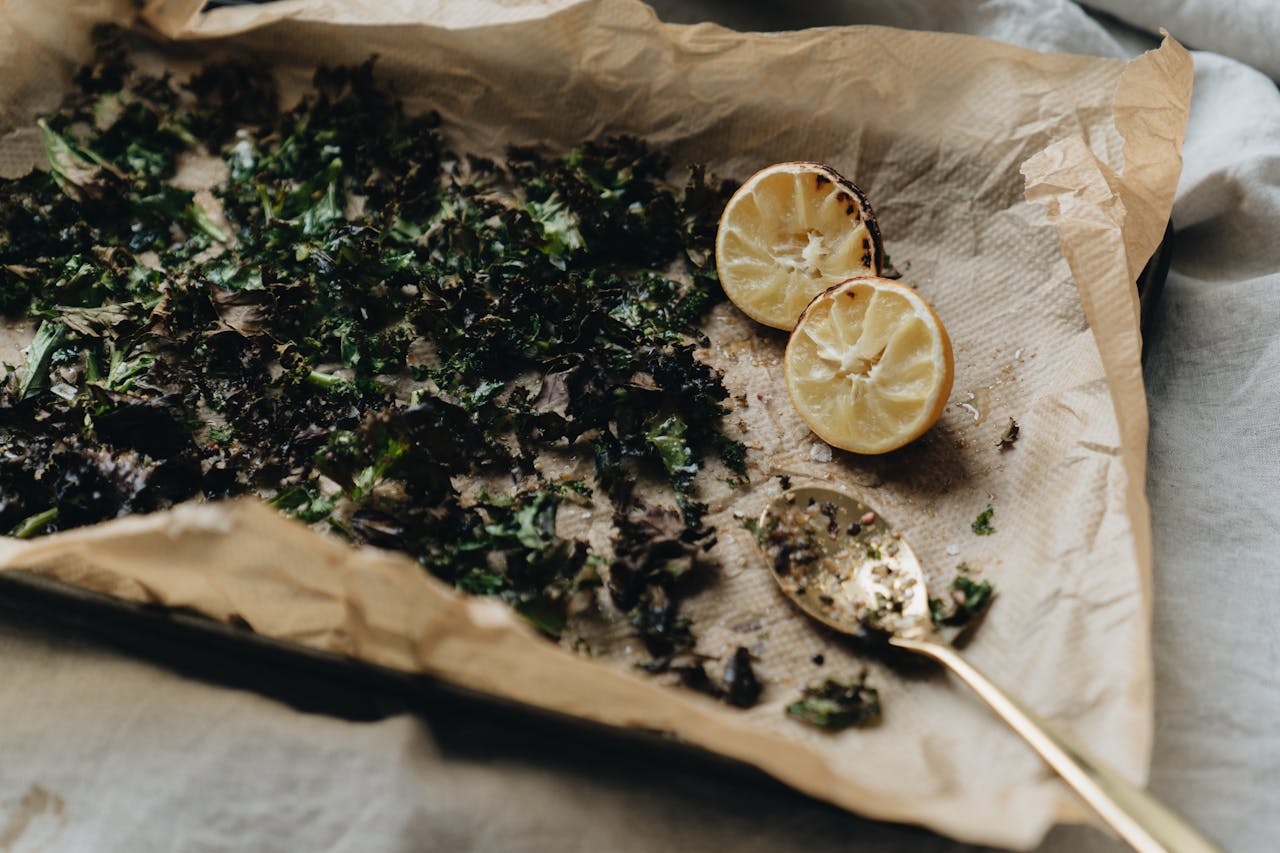
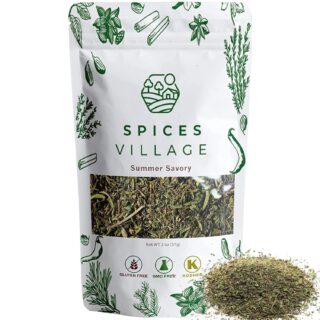
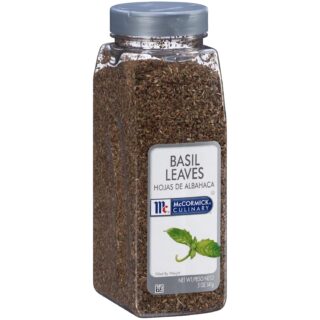
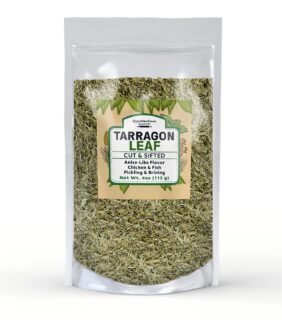
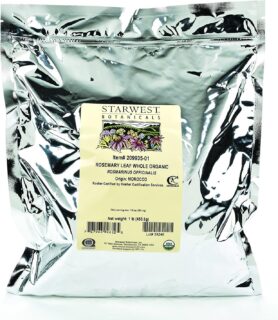
![women [longevity live]](https://longevitylive.com/wp-content/uploads/2020/01/photo-of-women-walking-down-the-street-1116984-100x100.jpg)










